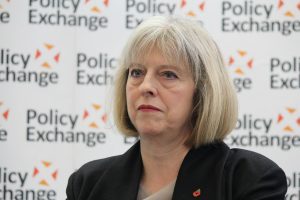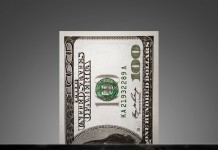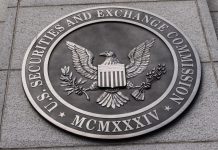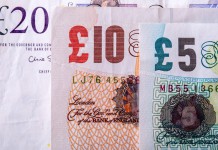May forced to abandon manifesto pledges
 One benefit that could be derived from the debacle that was last week’s election is that the Government may be forced to abandon its “no deal better than a bad deal” policy.
One benefit that could be derived from the debacle that was last week’s election is that the Government may be forced to abandon its “no deal better than a bad deal” policy.
Sterling has reacted in only a slightly negative manner since the election result remaining well above the level it was at before the election was announced.
The market’s concerns over a “hard Brexit” have been replaced by a hope that compromise and negotiation could replace bluster and threat as the government’s starting position.
Last evening the Prime Minister appeared before her non-ministerial colleagues to explain what went wrong last week. She took full responsibility for the result and pledged to “get the Party out of the mess she had created”. Her contrite performance may have won over her colleagues but it remains to be seen if her “wounds are fatal”.
The EU’s Chief Negotiator Michel Barnier will be quietly confident that the talks will be smoother than he could at first have imagined. His more “Political” colleagues Donald Tusk and Jean Claude Juncker will, on the other hand, be “rubbing their hands together in glee”.
Inflation and Interest Rates to drive short term reaction
Remember when markets were driven by economic developments, growth, inflation and interest rates? Well for a brief few days, while the U.K. Government continues to deal with its newly found status, the market can look away.
Today’s inflation data in the U.K. will likely be mixed. The Month on month figure will have fallen due to seasonal factors like the fall in the oil price. However, the Year on Year is still likely to be well above the Government’s 2% target.
Interest rate decisions are also due this week. The FOMC in the U.S. tomorrow and the MPC on Thursday.
The FOMC is likely to hike by 25bp. There is a concern that the two previous hikes have not had time to feed through into the economy particularly since the Fed’s balance sheet remains bloated by quantitative easing. A third hike this year is the limit of expectation and it will be at least the Autumn before the full effect is felt.
President Trump has called for more time to be given for the economy to recover from the financial crisis but what is really needed is for him to concentrate on his fiscal plans being passed.
Pound and Euro on different paths
In a year so far subject to political events, the Euro has cemented its place as one of the stronger global performers.
As the year started, there were genuine concerns whether the common currency, indeed, the EU itself could survive a major political shock like Brexit. Elections in The Netherlands and France were major concerns as a spate of nationalism threatened to engulf the region.
As it turned out the fears were unfounded as first Mark Rutte in Holland then Emmanuel Macron triumphed over radical right-wing opponents. September will see the likely return of Angela Merkel for a fourth term as German Chancellor.
As social and political bloc, there is no question that the E.U. experiment has been a singular success. However, economically, “the jury is still out”. Does one size fit all? It is perhaps unfair to judge over such a, relatively, brief period. Eighteen years is barely enough time for each nation to get used to the new paradigm. There is positivity towards the single currency and this should provide both support and a platform for continued reform.
















